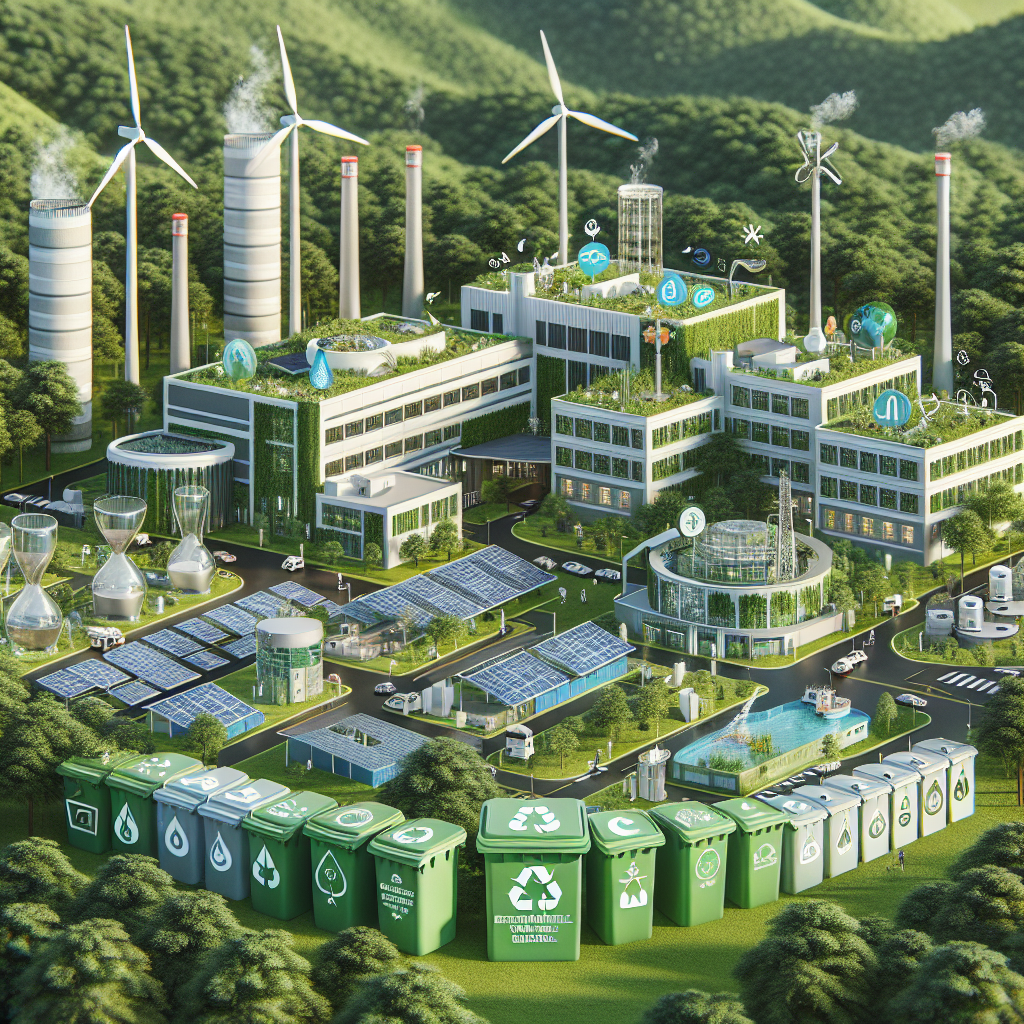Blog Ecobraz Eigre

Environmental Management for Hospitals and Laboratories
Hospitals and laboratories require rigorous environmental management to ensure legal compliance, safety and sustainability. This article covers essential practices for environmental management in these sectors, highlighting standards, waste management, control systems and proper disposal of electronic materials, in accordance with current legislation.
Applicable Standards and Legislation
Hospitals and laboratories must comply with specific environmental legislation. CONAMA Resolution 358/2005 regulates the management of health service waste, establishing guidelines for segregation, collection and treatment. Federal Decree No. 10.388/2020 establishes the National Solid Waste Management Information System (SINIR), which should be consulted for legal obligations.
Law No. 12.305/2010, which establishes the National Solid Waste Policy (PNRS), is also key to guiding the proper management of waste generated in hospital and laboratory sectors, ensuring environmental protection and public health (source: sinir.gov.br).
Hazardous and Non-Hazardous Waste Management
Waste is classified according to its nature - hazardous, such as sharps, chemical and infectious biological, and non-hazardous, such as common waste. Correct segregation must follow the criteria of the Ministry of Health and CONAMA to reduce environmental and health risks.
Hospital hazardous waste requires specific treatment, including autoclaving, incineration or other approved methods, according to ANVISA RDC 222/2018. Compliance with these requirements prevents contamination and has a positive impact on the environment.
Internal Monitoring and Control Systems
Establishing an internal environmental monitoring system is essential for ensuring operational compliance. Environmental management systems (EMS), based on NBR ISO 14001, help to structure procedures, promote internal audits and correct deviations.
Regular reports should be drawn up to control the generation, transportation and final disposal of waste, in line with the requirements of SINIR and ANVISA. These tools facilitate decision-making and process transparency.
Safe Disposal of Electronic Equipment
Hospitals and laboratories use a variety of electronic devices that contain sensitive data and potentially polluting materials. Proper e-waste collection is essential to avoid negative environmental impacts. For the safe disposal of this equipment, it is recommended that you book an appointment with specialized operators according to the guidelines in electronics booking.
In addition, it is essential to ensure the safe sanitization of storage devices, such as hard drives and media, in order to protect sensitive information. Specialized services carry out this procedure in a way that complies with legislation and technical standards (electronic scheduling).
Team Responsibility and Training
The continuous training of teams involved in environmental management is vital. Specific training should cover everything from the handling to the disposal of waste and equipment, in accordance with the best practices stipulated in technical standards and applicable legislation.
The involvement of the administrative, operational and technical sectors strengthens the organizational environmental culture, ensuring compliance with standards and the mitigation of environmental and health risks.
Conclusion
Environmental management in hospitals and laboratories requires strict attention to standards, correct waste segregation, continuous monitoring, as well as the responsible and safe disposal of electronic equipment. Compliance with these practices ensures the protection of the environment, public health and legal compliance, which are fundamental pillars for the sector.

Deixe um comentário
O seu endereço de e-mail não será publicado. Campos obrigatórios são marcados com *